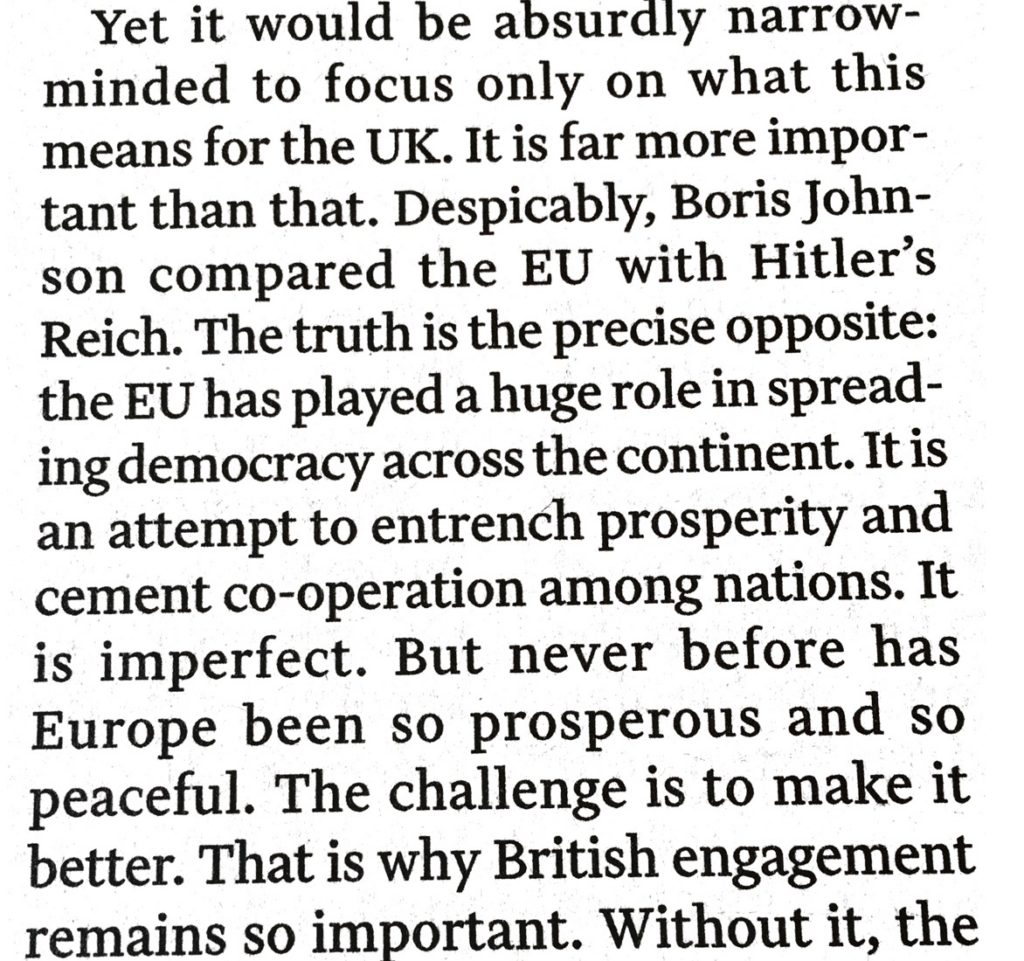As readers of my stuff will know (see here and here, for example), I’ve been going on about the existential risk pose by the ‘internet of things’ for a while, so I’m loath to keep on about it. But this nice encapsulation of the problem by Ben Evans seems well worth quoting:
A chunk of the internet went down this week, effectively, because someone did a massive distributed denial-of-service attack using a botnet of millions of hacked IoT devices – mostly, it seems, IP webcams from one Chinese company that don’t have decent security. This is an interesting structural problem – the devices once sold are either impossible or unlikely to be patched, the users probably don’t even know that their device is hacked, and the manufacturer has no motivation and probably few of the necessary skills to do anything about it. A network designed to withstand nuclear attack, brought down by toasters. More interesting/worrying – who is doing this, why, and what will they do next?


